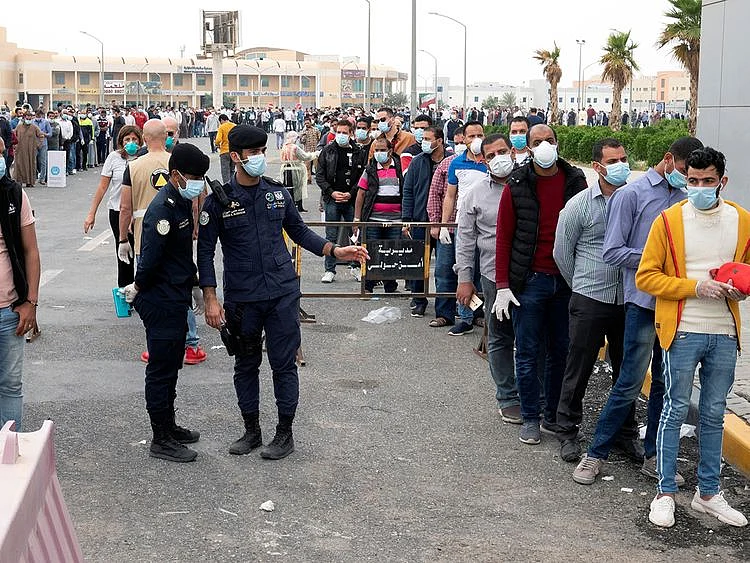Kuwait considers new system for visit visas
Surge in illegals behind decision to halt issuance of family and tourism visas

Cairo: A spike in the numbers of illegal residents in Kuwait has prompted authorities to temporarily halt issuance of visit visas, a local newspaper has said.
Al Rai, quoting security sources, reported that the decision of First Deputy Prime Minister and Interior Minister Ahmad Al Nawaf to stop issuing family and tourism visas was due to foreigners who have entered Kuwait on visit visas in the last months and have not left, swelling the numbers of illegals in the country to about 20,000.
The Kuwaiti Interior Ministry has announced stopping issuing visit visas until further notice to devise a new mechanism.
“The decision does not include electronic visas, which are offered to some nationalities directly on arrival at the airport,” the sources said.
Around 70,000 foreigners have so far entered Kuwait this year on tourism and family visas, according to the same sources.
“Work is underway to work out a strict mechanism ensuring the visitor’s departure upon the visa expirey and preventing renewal of the three-month visit,” they said.
Coordination is affot between the Interior Ministry and the Public Authoity of Manpower on toughening issuance of work permits based on the job market needs and to control demographic make-up of some foreign nationalities in the country, they added without elaborating.
Foreigners make up nearly 3.4 million of Kuwait’s overall population of 4.6 million.
In recent months, there have been increasing calls in Kuwait for curbing foreigners’ employment along accusations that migrant workers have strained the country’s infrastructure facilities amid economic fallout from the COVID-19 pandemic.
Sign up for the Daily Briefing
Get the latest news and updates straight to your inbox
Network Links
GN StoreDownload our app
© Al Nisr Publishing LLC 2026. All rights reserved.